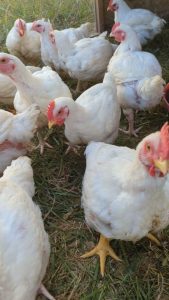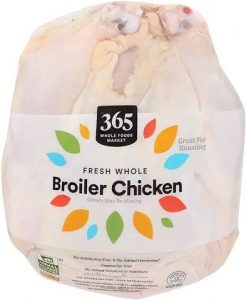Broiler chicken farming is a crucial component of the poultry industry, providing a significant source of meat worldwide. Effective management of litter and waste is essential to maintain healthy birds, optimize production, and minimize environmental impact. In this article, we will explore the best practices and innovative strategies for managing litter and waste in broiler chicken farming.
Importance of Litter and Waste Management
- Bird Health: Proper litter management helps maintain a clean and dry environment, reducing the risk of diseases and infections.
- Environmental Impact: Effective waste management minimizes pollution and the release of harmful gases like ammonia.
- Production Efficiency: Good litter conditions contribute to better feed conversion rates and overall bird performance.
- Compliance: Adhering to environmental and health regulations ensures the farm’s operations remain sustainable and legally compliant.
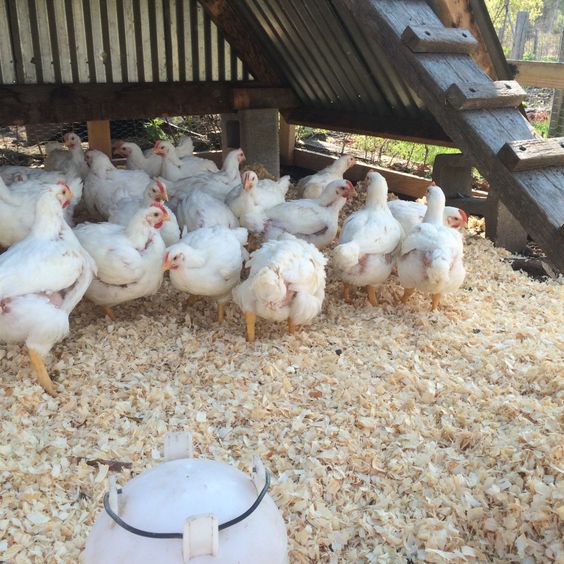
Types of Litter Materials
Choosing the right litter material is the first step in effective waste management. Common litter materials include:
- Wood Shavings: Popular due to their absorbency and cushioning properties.
- Straw: Economical but requires proper management to prevent matting.

- Peanut Hulls: Readily available in some regions, though less absorbent.
- Rice Hulls: Lightweight and absorbent, suitable for hot climates.
- Sand: Provides good drainage but can be heavy and difficult to manage.
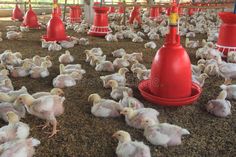
The choice of litter material depends on factors like availability, cost, and climate conditions.
Litter Management Practices
1. Regular Monitoring and Maintenance
- Daily Inspection: Check the litter daily for wet spots and clumps. Promptly remove and replace soiled areas to prevent the build-up of harmful bacteria.
- Depth Maintenance: Maintain an adequate litter depth (usually 3-6 inches) to provide sufficient cushioning and absorbency.
Before we go further, you should Note that our company can help you to start by giving you all the necessary information you need to get started if not yet in the business. Please check our online shop, we have all the standard business proposals for different capacities at very a cheap price made by the best agricultural specialists as well as Standard design plans that are made by the best agricultural architects around the globe. please visit our online shop now using the links below to witness by yourself
Design plans (FARM HOUSE DESIGNS – Kimd Construction & Farm Consultants)
Business plans (BUSINESS PLANS & PROPOSALS – Kimd Construction & Farm Consultants)
Welcome back from visiting our shop, hope you have placed your order for any of our products or you can place it after navigating more of our informative articles.
So let us continue with the article!
2. Ventilation
- Proper ventilation reduces humidity and ammonia levels in the poultry house. Ensure good air circulation by using fans and ventilation systems.
- Regularly monitor ammonia levels and adjust ventilation to keep them below harmful thresholds (usually less than 25 ppm).
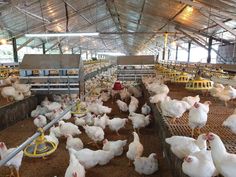
3. Litter Treatments
- Use litter amendments like alum or acidifiers to lower pH and reduce ammonia production.
- Consider the use of microbial additives to enhance the breakdown of organic matter and control pathogens.
4. Litter Reuse
- Reusing litter can be cost-effective but requires strict management to prevent disease outbreaks. Ensure the litter is properly composted and sanitized before reuse.
Waste Management Strategies
1. Manure Handling
- Collect and store manure in designated areas to prevent contamination of water sources and surrounding land.
- Implement composting practices to convert manure into nutrient-rich fertilizer, reducing waste and benefiting crop production.
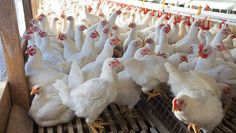
2. Waste Reduction Techniques
- Optimize feed formulation to reduce nitrogen and phosphorus excretion in manure.
- Use precision feeding systems to minimize feed wastage.
3. Recycling and Reuse
- Explore opportunities to recycle poultry waste into bioenergy or organic fertilizers.
- Collaborate with local farmers and gardeners to provide them with composted litter and manure.
4. Environmental Compliance
- Stay updated on local and national regulations regarding waste disposal and environmental protection.
- Implement best practices to ensure compliance with environmental laws and reduce the farm’s ecological footprint.
Innovative Approaches
1. Automated Systems
- Invest in automated manure collection and litter management systems to reduce labor and improve efficiency.
- Use sensors and IoT technologies to monitor litter conditions and adjust management practices in real-time.
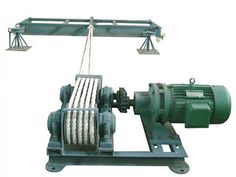
2. Sustainable Practices
- Integrate sustainable practices like rotational grazing and agroforestry to create a more resilient and eco-friendly farming system.
- Implement renewable energy solutions, such as biogas plants, to utilize poultry waste for energy production.
Conclusion
Effective litter and waste management in broiler chicken farming is essential for maintaining bird health, optimizing production, and protecting the environment. By implementing best practices, using the right materials, and exploring innovative approaches, farmers can ensure a sustainable and profitable operation. As the poultry industry continues to evolve, staying informed and adaptable will be key to overcoming challenges and achieving long-term success.



